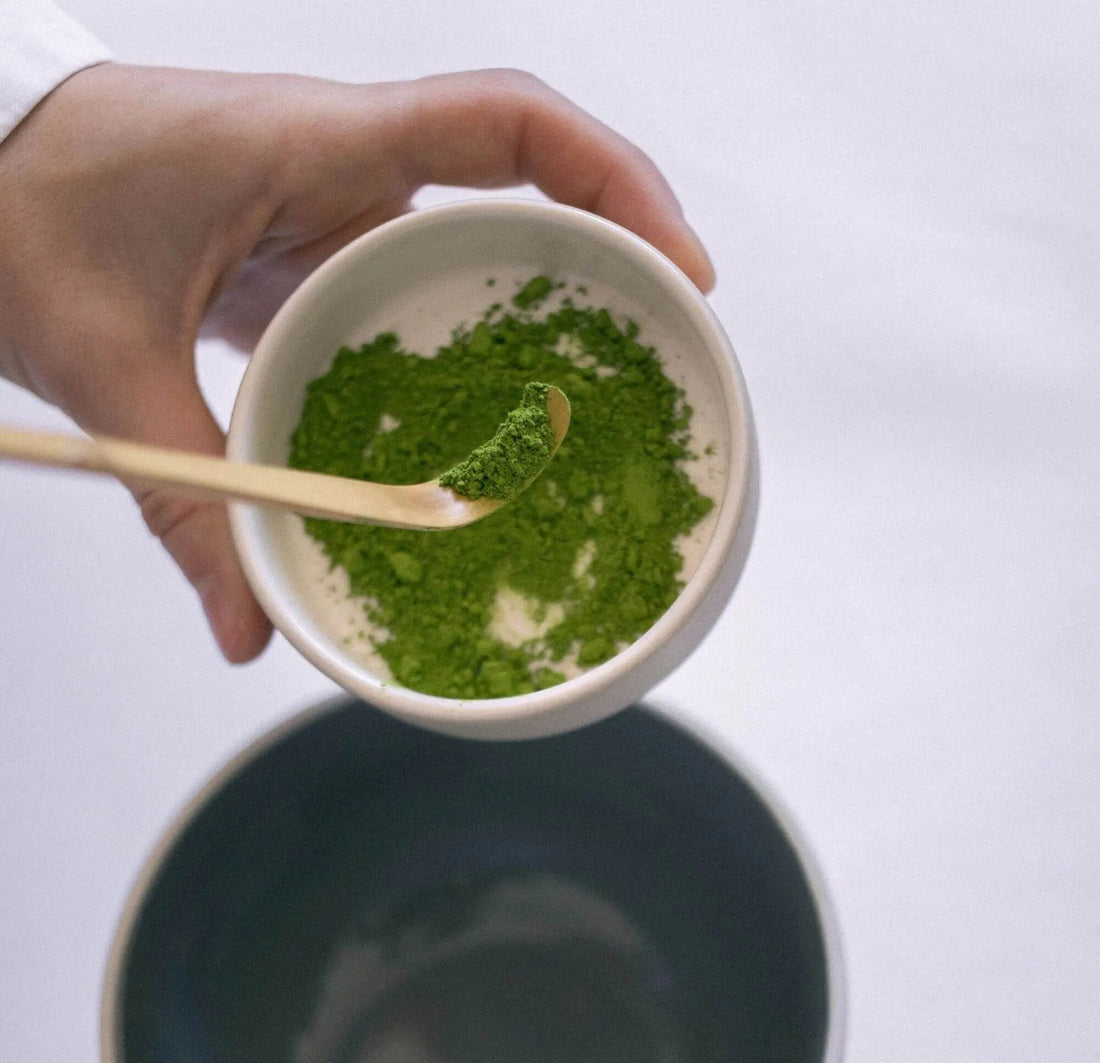
How Long Does Matcha Powder Last?
Share
Matcha, the vibrant green powdered tea that has taken the world by storm, is celebrated not only for its rich flavor but also for its numerous health benefits. But if you're an occasional matcha sipper or have a bulk purchase that's been sitting on your shelf for months, you might wonder, "How long does matcha powder last?" You don't have to worry; we've got you covered.
Table of content
Does Matcha Powder Expire?
Let's address the elephant in the room first: does matcha powder actually expire? The short answer is yes. Matcha, like most food products, has a shelf life, but it doesn't go "bad" in the way perishable items do.
The shelf life of matcha depends heavily on how it's stored. The green tea leaves used to make matcha are finely ground. Properly stored organic matcha powder can maintain its quality for quite a long time, while improperly stored matcha can lose its flavor and nutritional value relatively quickly.
What Makes Matcha Go Bad Over Time?
Several factors contribute to the deterioration of matcha powder over time:
1. Exposure to Air: One of the primary enemies of matcha is oxygen. When matcha comes into contact with air, it can oxidize, leading to a loss of color, flavor, and nutritional content.
2. Moisture: Matcha is highly sensitive to moisture, as it can cause clumping and the growth of molds. Matcha must be stored in an airtight container in a dry environment.
3. Light: UV rays from sunlight or fluorescent lights can break down the chlorophyll in matcha, causing it to lose its vibrant green color and fresh taste.
4. Temperature: High temperatures can accelerate the degradation of matcha. The shelf life of this product will be shortened if it is stored in a hot and humid environment.
5. Time: Even under optimal storage conditions, matcha will naturally degrade over time. This is a slow process, but it's something to consider, especially if you buy matcha in bulk.
Is It Safe to Drink Expired Matcha?
While expired matcha may not be unsafe to consume, it might not provide the delightful experience you expect. Stale matcha can taste bitter, lose its vibrant green color, and have a muted flavor. If you've ever had a cup of matcha that lacked that fresh, grassy aroma, it was likely past its prime.
However, consuming expired matcha won't harm you. It just won't deliver the same sensory experience or health benefits as fresh matcha.
How Long After Opening Does Matcha Go Bad?
Once you open a container of matcha, its shelf life is further reduced because it's exposed to air and moisture. Use matcha within three to six months of opening to maintain its quality. This time frame can vary depending on how well you store it. If you're an infrequent matcha drinker, consider buying smaller quantities to ensure freshness. Find out more about Matcha at Leigh Leaf.
5 Ways to Test and Tell If Your Matcha Has Gone Bad:
1. Color: Matcha is a vibrant green color when it is fresh. The freshness of the food will be lost if it begins to turn dull or brown.
2. Aroma: Matcha should have a fresh, grassy aroma. Stale matcha may have a musty or flat smell.
3. Texture: Rub a small amount of matcha powder between your fingers. Fresh matcha should feel fine and silky. If it has absorbed moisture, it may have become clumpy or gritty.
4. Taste: The most definitive test is the taste. If your matcha tastes bitter or lacks the characteristic umami sweetness, it's likely past its prime.
5. Sound: Yes, sound can be a clue too! When you sift matcha, it should make a soft rustling sound. If it's clumpy and doesn't sift smoothly, it might be time to replace it.
What Should You Do With Matcha That Has Gone Bad?
If you discover that your matcha has gone bad or stale, don't despair. You can still put it to good use:
Baking: Incorporate stale matcha into recipes for baked goods like matcha cookies or cakes. The other ingredients can mask the off-flavors.
Smoothies: Blending stale matcha with other ingredients in a smoothie can help mask its less desirable qualities.
Compost: If all else fails, consider composting your expired matcha. It can contribute valuable nutrients to your garden.
The Bottom Line: Look for a Fresh Production Date When Buying Matcha
In conclusion, matcha powder does have a shelf life, but it won't go "bad" in the way perishable foods do.
Follow these guidelines for the best matcha experience:
Storage: Keep matcha in an airtight container in a cool, dry, and dark place.
Use It Promptly: Try to use matcha within three to six months of opening the container.
Test It: Use your senses to determine if your matcha is still good—look at the color, smell the aroma, feel the texture, taste it, and listen to its sifting sound.
Be Creative: If your matcha has gone stale, find creative ways to use it in cooking, skincare, or even in your garden.
Lastly, when purchasing matcha, always check for a fresh production date. This will give you a good idea of how long it can last before it goes bad and help you enjoy the full flavor and benefits of this beloved green tea powder.
In the end, the longevity of your matcha largely depends on your diligence in storage and your willingness to get creative when it's past its prime. When properly cared for, your matcha can provide you with delicious and nutritious tea for many years to come. So, sip on, matcha lovers, and make the most of your green tea journey!



